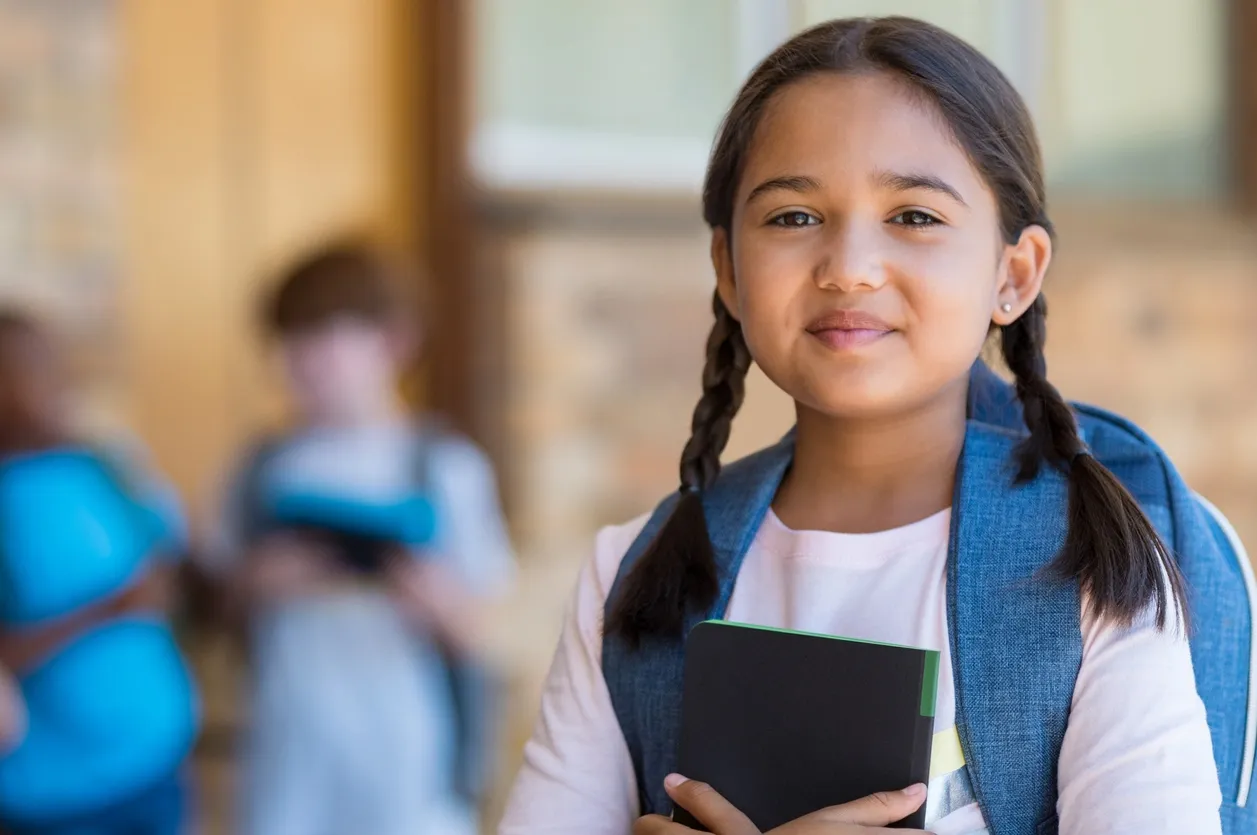Need to know – A guide to preparing your kids for the new school year.
As a new school year approaches, kids and parents alike experience some anxiety about what it might bring. Whether your child is starting kindergarten or moving up a grade in school, there are things that you can do in the lead-up that will ensure a smoother transition.
Why it’s important
Taking time to prepare for the new year can make the difference between school refusal and a positive school experience for your child. This is particularly important for children who had a difficult time last year and are hesitant to return to the classroom.
Your child may have changed significantly over the last few months, take time to observe their strengths, their areas for improvement, and their triggers. This will help you brief their new teacher on where they are at and the support they need.
Tips & strategies
Visit the school and classroom – for Autistic and highly anxious children it’s important to begin the introduction to a new school year early. Going for a walk around the school and if possible visiting the classroom when it is empty can bring some sense of comfort without the sensory overwhelm of hundreds of noisy kids.
Meet the teacher early – download the accommodations at school and strengths at school documents and update the content to reflect your child’s needs. Arrange a meeting with their new teacher so that they can get a better understanding of your child and the necessary accommodations they need to implement. Leaving this part too late can create room for avoidable negative experiences for everyone involved.
Create opportunities for connection – if possible find out which students will be in the same class as your child and invite them over or organise a class meet-and-greet. Getting to know other kids before the first day can ease anxiety about the unknown that comes with unfamiliar people. The same applies to your child connecting with a new teacher. As the key adult in your child’s school life, you may want to consider an informal introduction before school starts.
Establish and practice routines – having a morning, afternoon, and night routine can make your and your child’s weekdays run smoother.
- Create a visual routine – a visual representation of the steps in a routine helps kids remember what to do and can save you from repeating yourself.
- Test new school items – give your child the opportunity to use the new school bag, drink bottle, and lunch box – sometimes there are tricky fixtures kids need to learn to open and close.
- Try on uniforms – if your child has sensory processing issues, find a time to try on their full school uniform including shoes. It’s better to tackle potential issues and find alternatives before their first day.
Get sleep sorted – holiday sleep patterns are more flexible and it takes time to get back into the rhythm of going to sleep and waking up at regular times. Don’t wait until the night before school starts to change bedtime, begin a week before their first day by gradually changing your child’s bedtime/wakeup time.
Arrange for updated reports or assessments – is your child seeing a speech pathologist, occupational therapist, or psychologist? Request a report that can be used by the teacher to support your child in the classroom. If your child is not seeing an allied health professional but you are concerned, organise appointments now to avoid long wait times. Keep the teachers updated so they can make temporary accommodations.
Talk it out – have a talk with your child about what they are looking forward to and what they are nervous about when starting school. By opening up the conversation you can help them problem-solve and assist in implementing solutions. Your child might be holding on to worries that can easily be solved, don’t let them carry that burden into their new school year.
Give them something special – for some kids, the anxiety of not having their parents around can be debilitating. If this is your child it might be worth finding a special trinket, bracelet, or necklace that they can always have with them so they feel connected to you. Sometimes a simple drawing of a heart on their hand and one of yours is enough to help them feel close to you during the day.
Finally, practice self-care and enjoy the rest of the break – you got this!


